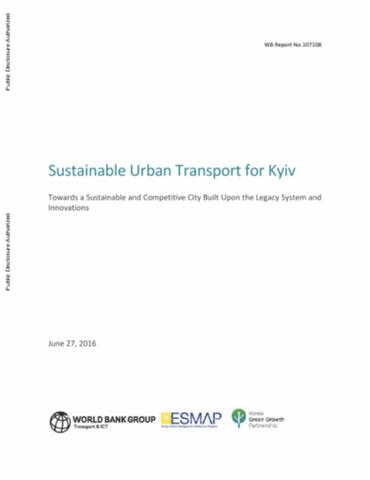The World Bank is a vital source of financial and technical assistance to developing countries around the world. We are not a bank in the ordinary sense but a unique partnership to reduce poverty and support development. The World Bank Group has two ambitious goals: End extreme poverty within a generation and boost shared prosperity.
- To end extreme poverty, the Bank's goal is to decrease the percentage of people living on less than $1.25 a day to no more than 3% by 2030.
- To promote shared prosperity, the goal is to promote income growth of the bottom 40% of the population in each country.
The World Bank Group comprises five institutions managed by their member countries.
The World Bank Group and Land: Working to protect the rights of existing land users and to help secure benefits for smallholder farmers
The World Bank (IBRD and IDA) interacts primarily with governments to increase agricultural productivity, strengthen land tenure policies and improve land governance. More than 90% of the World Bank’s agriculture portfolio focuses on the productivity and access to markets by small holder farmers. Ten percent of our projects focus on the governance of land tenure.
Similarly, investments by the International Finance Corporation (IFC), the World Bank Group’s private sector arm, including those in larger scale enterprises, overwhelmingly support smallholder farmers through improved access to finance, inputs and markets, and as direct suppliers. IFC invests in environmentally and socially sustainable private enterprises in all parts of the value chain (inputs such as irrigation and fertilizers, primary production, processing, transport and storage, traders, and risk management facilities including weather/crop insurance, warehouse financing, etc
For more information, visit the World Bank Group and land and food security (https://www.worldbank.org/en/topic/agriculture/brief/land-and-food-security1
Resources
Displaying 291 - 295 of 4907Agricultural Land Investments and Water Management in the Office du Niger, Mali
Large-scale agricultural land investments in Africa are often considered solely from the land perspective. Yet land, water and other natural resources are closely interlinked in agricultural production and in sustaining rural livelihoods. Such investments involving irrigation will potentially have implications for water availability and utilization by other users, making it imperative to regard water as an economic rather than a free good.
Connecting to Compete 2016
The LPI has provided valuable
information for policy makers, traders, and other
stakeholders, including researchers and academics, on the
role of logistics for growth and the policies needed to
support logistics in areas such as infrastructure planning,
service provision, and crossborder trade and transport
facilitation. The results of Connecting to Compete 2016
point to Germany as the best performing country, with an LPI
Sustainable Urban Transport for Kyiv
This report presents the scope and findings of the Economic Sector Work on Sustainable Urban Transport for the City of Kyiv, financed jointly by the Energy Sector Management Assistance Program (ESMAP) and the Korea Green Growth Trust Fund (KGGTF). The analysis consists of a rigorous evidence-based review of the strengths and weaknesses of Kyiv’s public transport system and a proposed plan improve its network and operational efficiency.
Montenegro Achieving Sustainable and Inclusive Growth Amidst High Volatility
This Systematic County Diagnostics is
organized into six parts. The first part presents a brief
overview of the country’s recent socio-political and
economic context. The second part examines the links between
poverty, income distribution and economic growth, through
the labor market, against the background of large changes in
international capital flows and the unfinished structural
reform agenda. The third part, examines the sustainability
Montenegro Financial Sector Assessment Program
This technical note discusses the
current status of banking supervision and regulation in
Montenegro in the context of select Basel Core Principles
(BCP). This note has been prepared as part of a Financial
Sector Assessment Program (FSAP) update conducted jointly by
the International Monetary Fund (IMF) and World Bank (WB) in
September 2015. As agreed with the authorities, the FSAP tea








